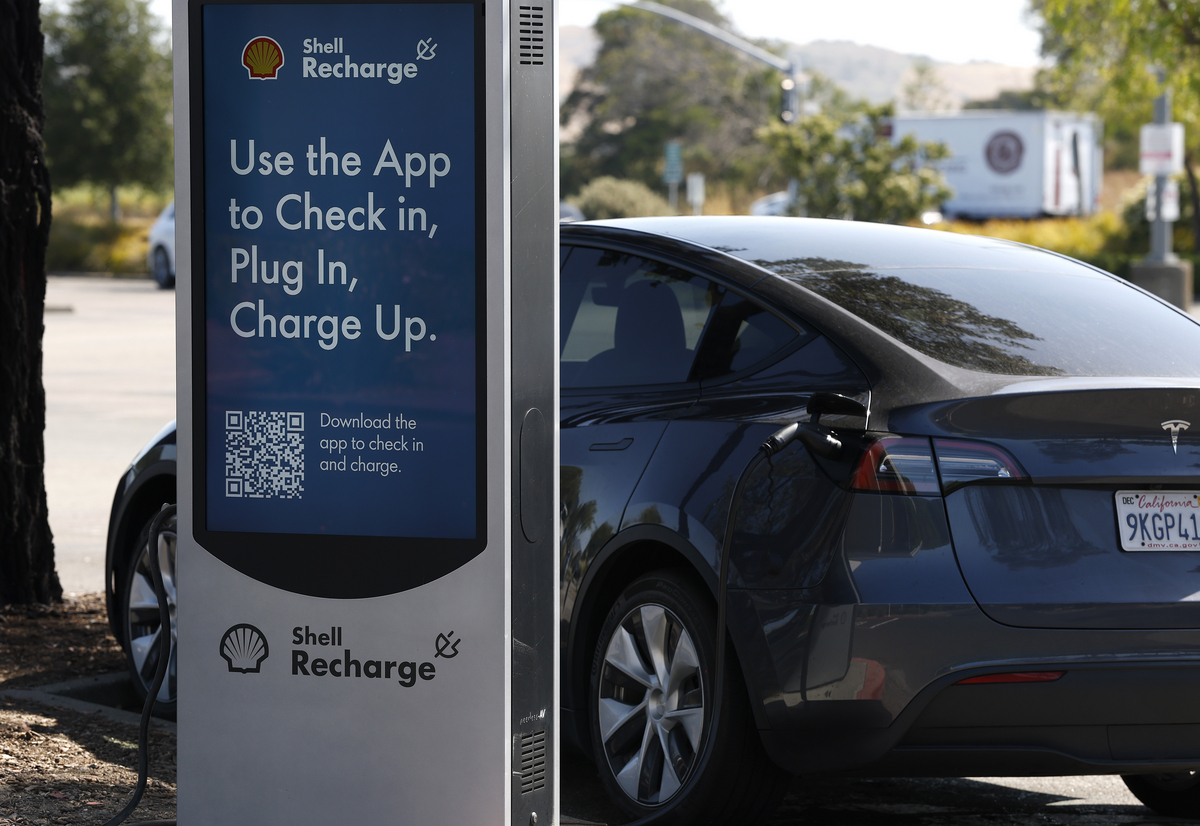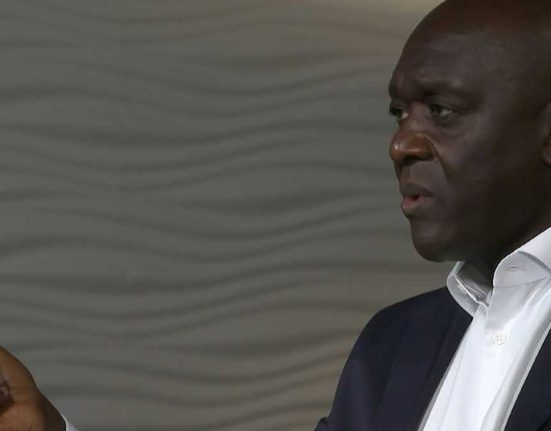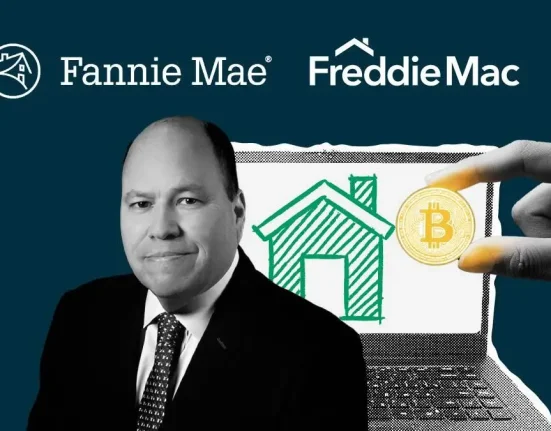The Trump administration may have relented this week in its effort to freeze $875 million of federal funds to build electric vehicle charging stations.
The U.S. attorney general’s office on Tuesday declined to appeal a court order from last week that freed a variety of states, from California to Rhode Island, to draw money halted in the first month of the Trump presidency.
At stake is a fraction of the $2.7 billion that states had been expecting as part of the National Electric Vehicle Infrastructure (NEVI) program, which was created by the 2021 bipartisan infrastructure law. The Biden administration designed the program to put chargers every 50 miles on major highways.
The attorney general’s office of Washington state, which led the lawsuit, said in a statement to POLITICO’s E&E News, “Now that the injunction is in effect, we expect the Trump Administration to promptly comply with the order as we move our infrastructure programs forward.”
But the Federal Highway Administration, which administers the program and is a defendant in the case, suggested on Wednesday that its fight isn’t over. The Department of Transportation, which oversees FHWA and is also a defendant, “still can appeal the preliminary injunction and is currently coordinating its legal strategy with the Department of Justice,” FHWA said in a statement to POLITICO’s E&E News.
The Sierra Club, which led a group of nonprofitsthat joined the lawsuit, celebrated the ruling by Judge Tana Lin of the Western District of Washington. “The NEVI program is hugely consequential” in fostering an environment in which electric vehicles spread, said Joe Halso, the Sierra Club’s lead attorney on the case.
President Donald Trump put the NEVI program in his crosshairs in an Inauguration Day executive order, grouping it with Biden’s other EV initiatives and seeking the “elimination of unfair subsidies and other ill-conceived government-imposed market distortions.” The Department of Transportation then froze the program in February, saying that funding would be withheld until it created new rules to replace Biden’s.
Those rules have not emerged, though on Monday, the administration suggested in a filing that it is preparing to do so. FHWA said on Wednesday that it is creating new guidance because the Biden version “was a disaster and failed miserably to deliver EV chargers.”
Sixteen blue states and the District of Columbia sued the Trump administration in May, arguing that the freeze harmed them by paralyzing plans to deploy EV charging stations that they had painstakingly prepared.
Lin took a harsh view of the government’s actions last week and ordered the funding restored to 14 of the states.
The states that could see their NEVI funding reanimated are California, Oregon, Washington, Arizona, New Mexico, Colorado, Wisconsin, Delaware, Rhode Island, New Jersey, New York, Maryland, Hawaii and Illinois.
The order doesn’t apply to three jurisdictions that sued. They are the states of Minnesota and Vermont and the District of Columbia. Lin said in her ruling that they had not offered evidence of being harmed by the fund freeze.
The drama isn’t over. The government still has room to appeal, and proponents of the NEVI program have vowed legal action to resume the funding in all states.
Halso said an appeal by the government is unlikely because it would have been tactically wiser for the Trump administration to object to the judge’s order before it takes effect.
EV charging stations now join a long list of targets of Trump executive actions that courts have overturned as illegal, from deportations of migrants to the freezing of university research grants.
Reporter Mike Lee contributed to this story.







